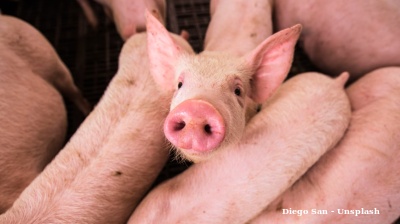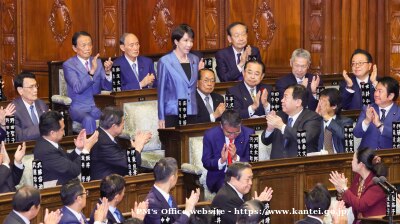The multinational banana producer Chiquita Brands has confirmed it will restart operations in Panama, following a memorandum of understanding signed in Brasília on August 29 between the company and President José Raúl Mulino, accompanied by his ministers of Commerce and Agriculture. The agreement, which foresees an investment of $30mn to recover 5,000 hectares of plantations in Bocas del Toro, is being touted as a solution to months of economic disruption in the province.
Chiquita suspended activities in May 2025 after a strike by the Sindicato de Trabajadores de la Industria del Banano (Sitraibana), which had mobilised against reforms to the national pension system. The protest blocked roads at more than forty points in Bocas del Toro for nearly two months, leaving the region semi-paralysed and causing shortages of basic goods. The strike, later declared illegal by a labour tribunal, led to the dismissal of over 6,000 workers and losses that the company estimated at $75mn, with some local media outlets putting the figure above $100mn, according to AFP reporting.
Under the new arrangement, the government announced that around 3,000 workers will be hired in an initial phase, with an additional 2,000 by early 2026. The first stage will focus on clearing and rehabilitating deteriorated plantations, while full production is scheduled to resume no later than February 2026, as reported by TVN Noticias. Chiquita has reassured that operations will follow a “modern and sustainable” model, organised through agricultural associations that will manage farms, hire workers, and oversee modernisation processes.
However, several aspects remain unclear. The role of “third parties” in these associations has not been fully explained, raising concerns over accountability and legal frameworks. The Chamber of Commerce, Industries and Agriculture of Panama (Cciap) has stressed, in statements quoted by La Estrella de Panamá, that the project’s long-term viability will depend on strict compliance with national legislation, including labour rights and environmental regulations. It noted that the strike’s consequences, which left workers unpaid and halted exports, “must not be repeated”.
Labour relations remain a central sticking point. According to Labour Minister Jackeline Muñoz, who gave an interview to TVN Noticias, the previous union structure tied to Chiquita ceased to exist when the company left. Whether Sitraibana will re-emerge or be replaced by other forms of worker representation remains unresolved. Muñoz has indicated that technical roundtables involving her ministry, the Ministry of Commerce, and the Ministry of Agriculture will evaluate options for structuring employment relations in the sector.
For local political actors, the return of the company brings both opportunity and unresolved grievances. Bocas del Toro deputy Benicio Robinson has welcomed the reactivation, but argued that justice has yet to be delivered for more than 5,000 workers dismissed without severance pay during the shutdown. Without recognition of this “sacrifice”, he warned, the relaunch of the industry risks being incomplete.
Bananas remain Panama’s leading agricultural export, representing 12% of external sales in the first five months of 2025, according to official government figures. The resumption of large-scale production is therefore a critical economic signal. Yet analysts believe a successful reorganisation will depend less on ceremonial agreements and more on transparency in management, clarity in labour conditions, and the inclusion of local communities in a sector marked by recurrent conflict.
News

Taiwan confirms first African swine fever outbreak
Authorities detected the virus on a pig farm in Wuqi District, Taichung, after 117 pigs died between October 10 and 20.

Afghanistan withdraws from Pakistan tri-nation T20 to protest murder of three local cricketers
The Afghanistan Cricket Board says it has secured clear video footage implicating the Pakistan state in an attack that killed three local cricketers.

Sanae Takaichi makes history as Japan’s first female prime minister
In her first press briefing as leader, the 64-year-old pledged to drive reform with confidence and determination, describing her administration as one “ready to decide and move forward.”

White House halts plans for Trump-Putin summit in Budapest
Anonymous White House official tells AFP there are “no plans” for Trump to meet Putin “in the immediate future”, effectively shelving a Budapest gathering that Trump had described as imminent only days earlier.


_1759927176.jpg)

